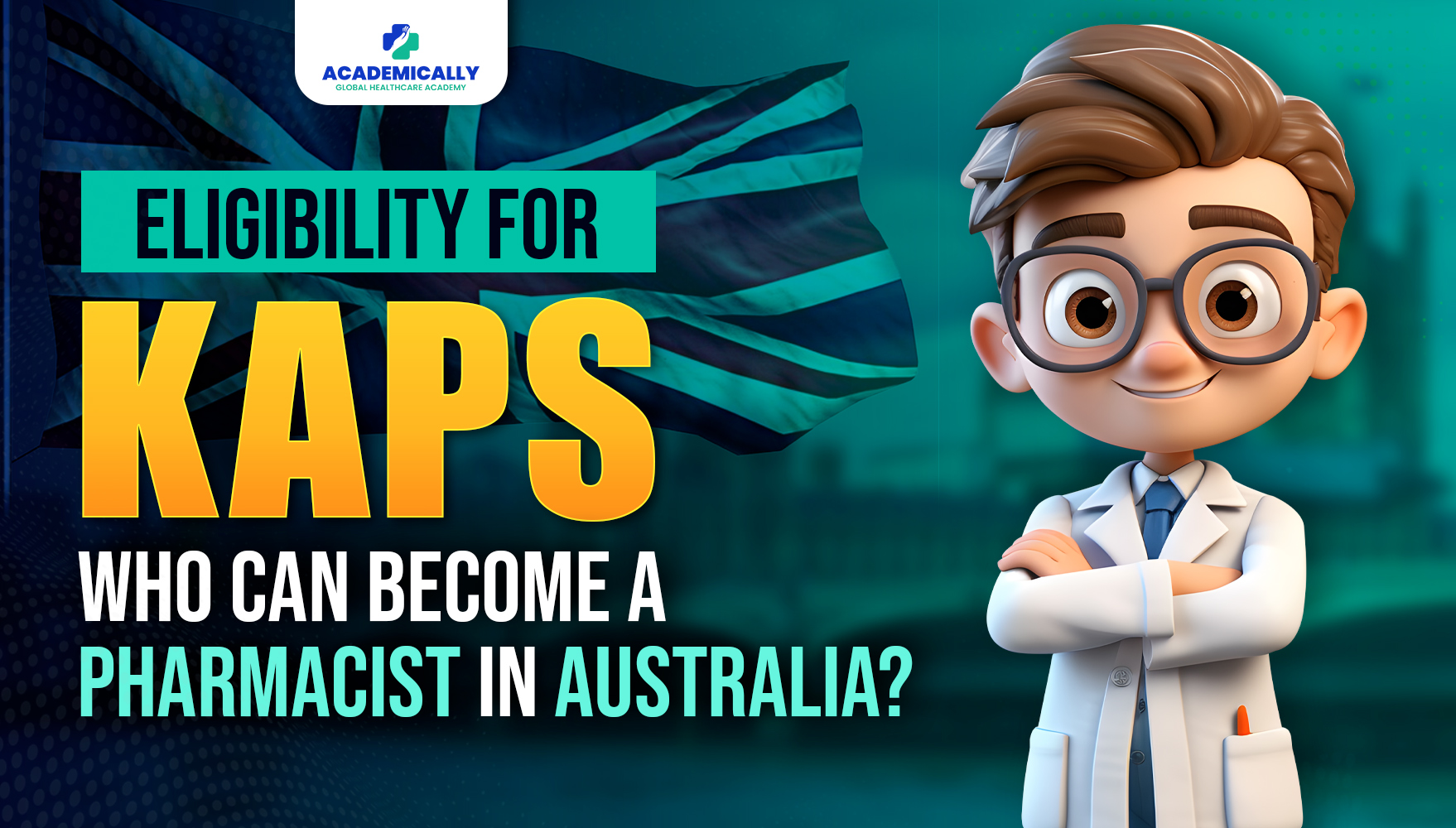MPharm Overview
A Master of Pharmacy (MPharm) program typically focuses on advanced pharmaceutical science and research. This is a 2-year course.
It is designed to deepen students' understanding of various aspects of pharmacy, including pharmacology, pharmaceutics, pharmacokinetics, and pharmaceutical chemistry.
MPharm programs often include coursework, research projects, and practical training in pharmaceutical settings.
Advantages of MPharm:
Specialised Knowledge: MPharm programs offer specialised knowledge in specific areas of pharmacy, allowing students to develop expertise in areas such as clinical pharmacy, industrial pharmacy, or pharmaceutical research.
Research Opportunities: MPharm programs emphasise research and may require students to conduct independent research projects or assist faculty members in ongoing research initiatives. This provides valuable experience for those interested in pursuing careers in academia or pharmaceutical research.
Flexibility: MPharm programs often offer flexibility in course selection, allowing students to tailor their education to their interests and career goals. This flexibility can be advantageous for students who wish to explore different areas of pharmacy before committing to a specific career path.
Career Opportunities: Graduates of MPharm programs are well-prepared for various career opportunities in the pharmaceutical industry, research institutions, academia, and regulatory agencies. They may work as pharmacists, pharmaceutical scientists, research associates, or clinical trial coordinators, among other roles.
Disadvantages of MPharm:
Limited Clinical Experience: MPharm programs may have little clinical training compared to PharmD programs, potentially limiting career options in clinical settings.
Additional Time and Expense: Pursuing an MPharm degree typically requires extra time and expense beyond the BPharm degree.
PharmD Overview
A Doctor of Pharmacy (PharmD, postbaccalaureate) program is a professional doctoral degree program that prepares students for careers as pharmacists. This is a three-year program in India if done post-BPharm.
PharmD programs focus on clinical practice, patient care, and medication therapy management. Students in PharmD programs receive comprehensive training in pharmacotherapy, patient counselling, medication management, and healthcare delivery.
Key Features of PharmD:
Clinical Training: PharmD programs emphasise clinical training and practical experience in various healthcare settings, including hospitals, community pharmacies, and ambulatory care clinics. Students work directly with patients, healthcare providers, and other healthcare team members to provide pharmaceutical care.
Patient-Centred Care: PharmD programs emphasise the importance of patient-centred care, focusing on the safe and effective use of medications to optimise patient outcomes. Students learn to assess patients' medication needs, monitor therapy outcomes, and provide medication counselling and education to patients.
Diverse Career Paths: Graduates of PharmD programs have diverse career opportunities in various healthcare settings, including community pharmacies, hospitals, clinics, long-term care facilities, and specialty pharmacy settings. They may also pursue careers in healthcare administration, pharmaceutical industry, research, academia, or government agencies.
Disadvantages of PharmD:
Rigorous Program: PharmD programs can be academically demanding and require a significant time commitment, typically three to four years beyond the undergraduate degree.
Limited Specialisation: PharmD programs provide comprehensive training in pharmacy practice but may offer limited opportunities for specialised knowledge compared to MPharm programs, potentially restricting career options in research or specialised fields.
Also, there is no specified role for PharmD graduates in India.
Choosing Between MPharm and PharmD (p.b)
Pursuing an MPharm or PharmD degree depends on several factors, including career goals, interests, and personal preferences. Here are some considerations to help students make an informed decision:
Career Goals: Students should consider their long-term career goals and aspirations. Those interested in clinical practice and patient care may find PharmD programs more suitable, while those interested in research and academia may prefer MPharm programs.
Interest in Specialisation: Students should assess their interests and determine whether they prefer a broad-based education in pharmacy (PharmD) or specialised training in a specific area of pharmacy (MPharm).
Preferred Learning Environment: Students should consider their preferred learning environment and teaching style. PharmD programs often involve hands-on clinical training and interactive learning experiences, while MPharm programs may focus more on research and independent study.
Regulatory Requirements: Students should research the requirements for practising pharmacy in their desired location. In some countries, a PharmD degree is required for professional licensure; in others, an MPharm degree may suffice.
Best solution
After completing an MPharm or PharmD degree, migrating to Australia through passing the KAPS (Knowledge Assessment of Pharmaceutical Sciences) exam can be considered one of the best solutions for pharmacists seeking enhanced pay, lifestyle, and career prospects.
Here's why:
Enhanced Pay and Lifestyle
- Australia offers competitive salaries and a high standard of living.
- The country's healthcare system and diverse culture contribute to an improved lifestyle.
Career Opportunities and Stability
- Passing the KAPS exam allows access to various career opportunities in community pharmacies, hospitals, research, and regulatory bodies.
- Australia's robust healthcare system ensures a stable career path for pharmacists.
Work-Life Balance
- Australia values work-life balance, offering flexible working arrangements and supportive workplace cultures.
- The emphasis on wellness and outdoor lifestyle promotes a healthy work-life balance.
Settling in Australia
- Australia's immigration system provides various visa options for skilled workers, with settlement services available for integration into the community.
- The multicultural society offers a welcoming environment for migrants.
To sum it up
MPharm and PharmD programs offer aspiring pharmacists valuable opportunities but cater to different career paths and interests.
Students should carefully evaluate their career goals, interests, and preferences before choosing between an MPharm and PharmD program.
By understanding the differences between the two paths and considering various factors, students can make an informed decision that aligns with their career aspirations and sets them on the path to a fulfilling career in pharmacy.
Life isn't just about picking the right options; it's about doing what's right once you choose. It's about being honest, kind, and true to yourself after you've decided. Every decision you make shapes who you are. So, choose well, and then strive to live in a way that feels true to your values.
If you are thinking of taking the KAPS exam any time soon. Contact us to know about the specially designed course- the KAPS Exam Preparation Course, where you can pass the exam in a single attempt.






